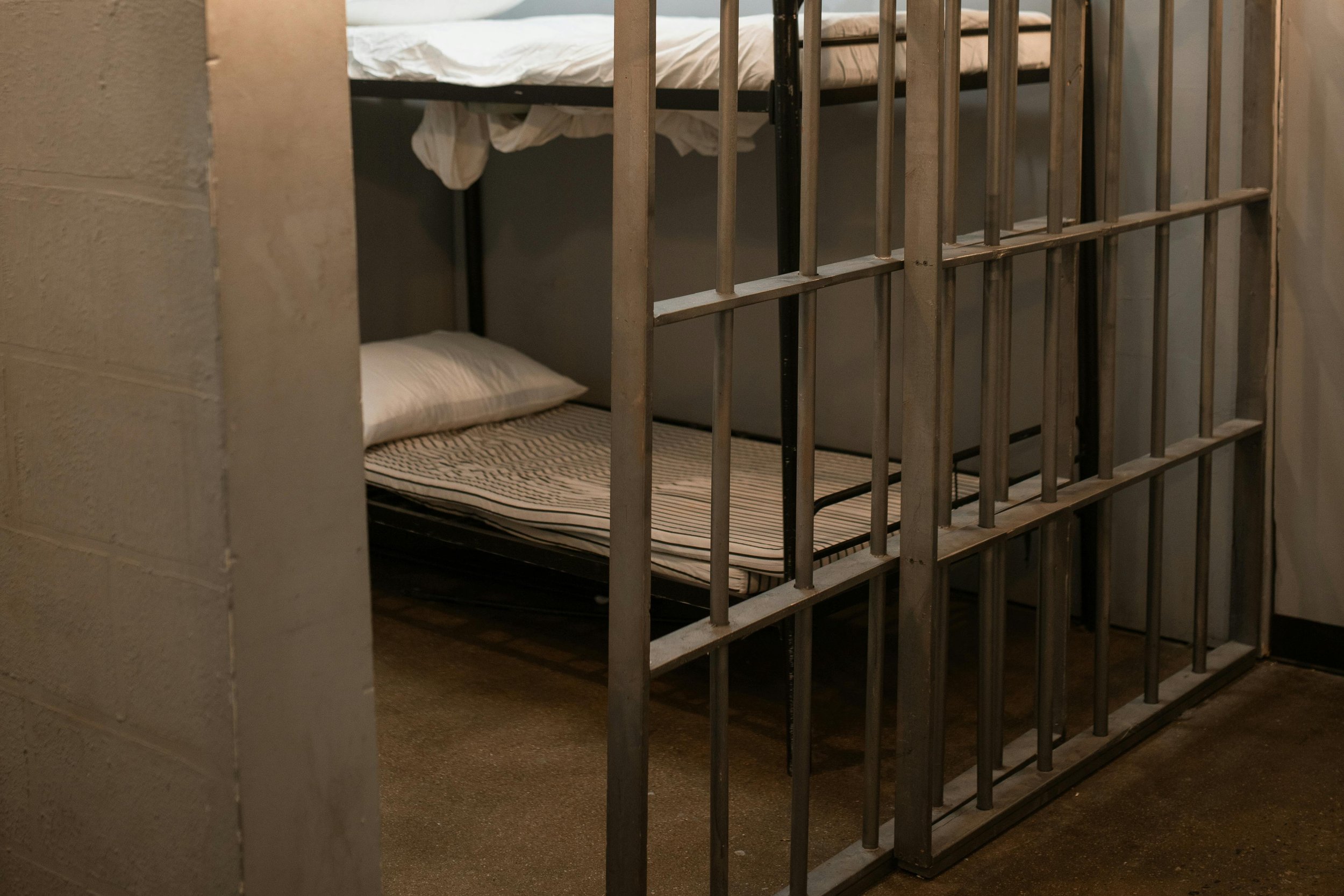Open Bail Hearings Benefit Everyone
By Texas Fair Defense Project
You are arrested in Caldwell County, Texas, picked up off the street, and taken to jail, where you wait to see a magistrate for your first appearance. When the time comes, as you sit in a cell, the magistrate, who may or may not have a law degree, settles into a seat in another room in the jail, readying for you to be brought in, readying to pronounce the sum you will have to pay to go free. As you enter the room, you don’t see counsel tables or a lawyer. You are not in a courtroom. No lawyer is appointed to represent you. You do not see a nervous parent or your family friend because no community members are allowed to be present. You face the hearing entirely alone.
Bail hearings in Texas, like those across the country, are some of the most consequential and outcome-determinative proceedings during any criminal case. But in Texas, they happen almost exclusively out of the public eye and behind closed doors. The bail amounts imposed at these proceedings determine whether people who are presumed innocent will sit in jail or be free to proceed with their defense from home. Public access to such bail hearings is sorely needed and constitutionally required.
Public interest in the topic of bail continues to simmer within Texas and nationally, with calls from across the political spectrum, for greater accountability and transparency in the pretrial detention system. Not being able to afford bail and being subject to pretrial detention can mean the loss of work, access to vital medical services, or even housing. Unaffordable bail increases your likelihood to plead guilty and to receive a longer sentence say many experts. See, e.g., Paul Heaton et al., The Downstream Consequences of Misdemeanor Pretrial Detention, 69 Stan. L. Rev. 711, 747 (2017) and Megan Stevenson, Distortion of Justice: How the Inability to Pay Bail Affects Case Outcomes, J.L. Econ. & Org., Sept. 18, 2018, at 512-23, 534-36.
The bail decisions that magistrates make and the ways in which they do so can violate the substantive and procedural process rights of people who appear alone at bail hearings, and then end up detained on bail they can’t pay. But magistrates in these hearings are not solely deciding whether people will be held on unaffordable bail. They are also determining whether probable cause exists, asking whether people are requesting appointed counsel, and informing people of their right to remain silent. For all these reasons, bail hearings implicate the most important rights of people who find themselves arrested.
Openness in criminal proceedings is good for everyone. It enables public understanding of, and confidence in, the judicial process. Likewise, it fosters the appearance of fairness and permits public review of judicial acts that is crucial for uncounseled hearings, like bail hearings in Texas, where there is no adversarial check on the system. To protect these interests, the First Amendment provides a right of access to these hearings. United States v. Chagra, 701 F.2d 354, 363–64 (5th Cir. 1983). That right may be overcome only on a case-by-case basis, with specific findings regarding the countervailing interest and the inadequacy of alternatives to closure. See In re Hearst Newspapers, L.L.C., 641 F.3d 168, 181 (5th Cir. 2011). Given the import of these hearings, it is not surprising that every court to apply the Supreme Court’s right of access test from Press-Enterprise Co. v. Superior Court, 478 U.S. 1 (1986), to bail proceedings has held that the public must be allowed to attend.
Last year, along with our partner at the Knight First Amendment Institute, we at the Texas Fair Defense Project sued Caldwell County, its magistrates and sheriff for closing bail hearings in blanket fashion. Last month, the federal judge in the case joined many courts that have recognized the right of access in this context. His preliminary injunction order required the County to open these proceedings, citing “the significance of bail hearings and the positive community effects of open pretrial proceedings.” Texas Trib. v. Caldwell Cnty., No. 1:23-CV-910-RP, 2024 WL 420160, at *6 (W.D. Tex. Feb. 5, 2024).


